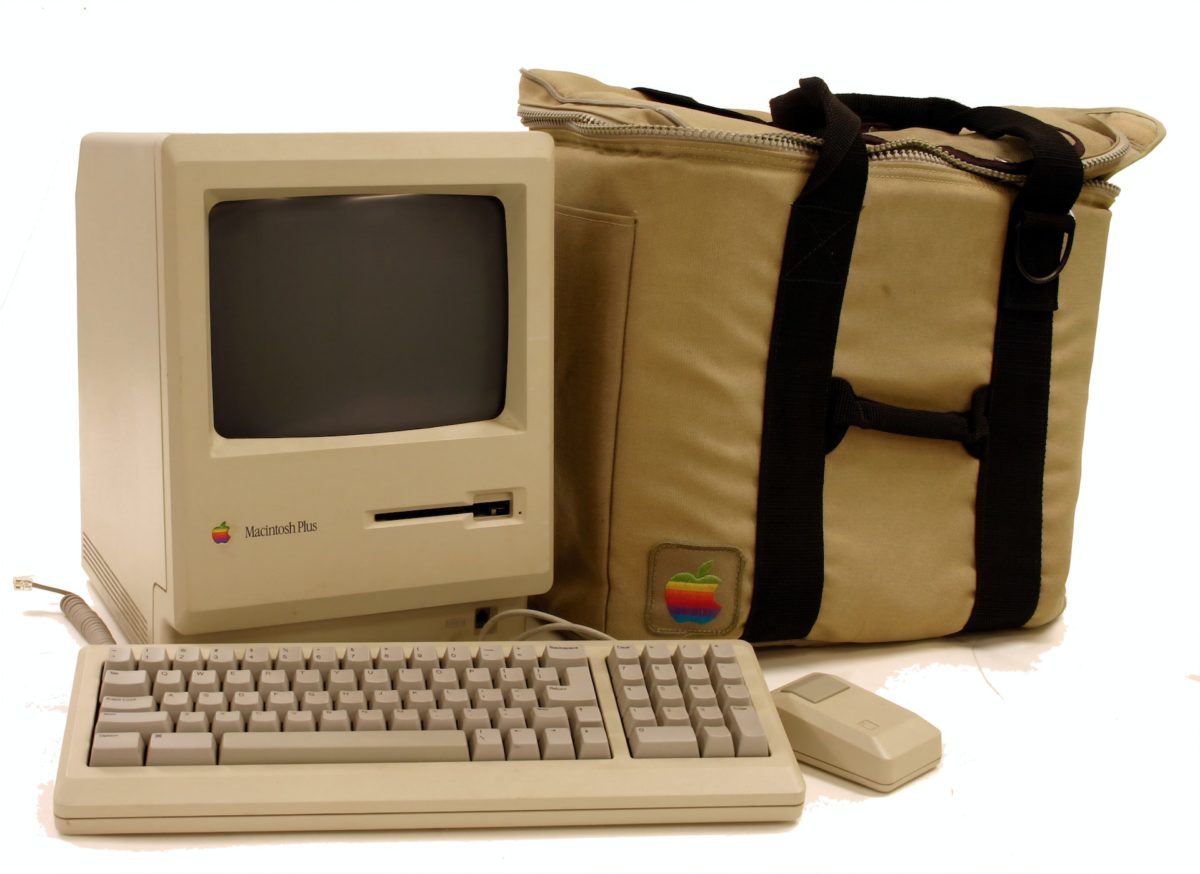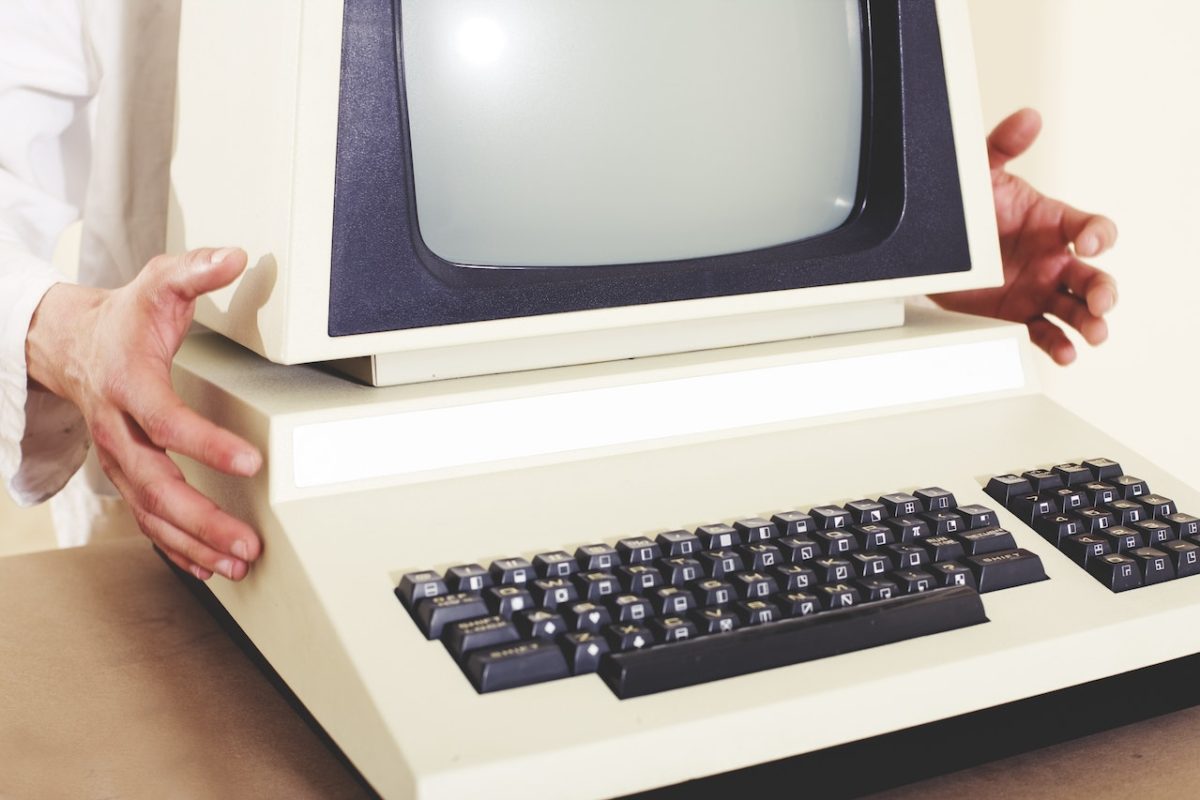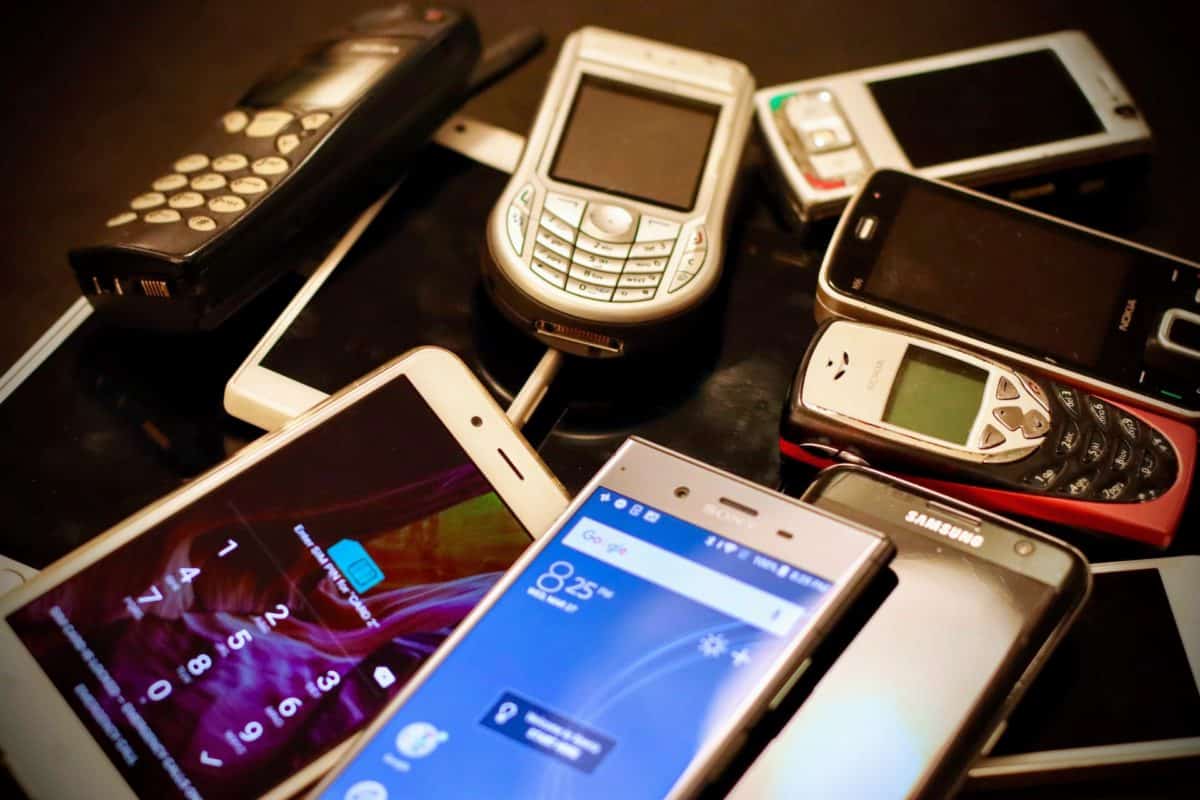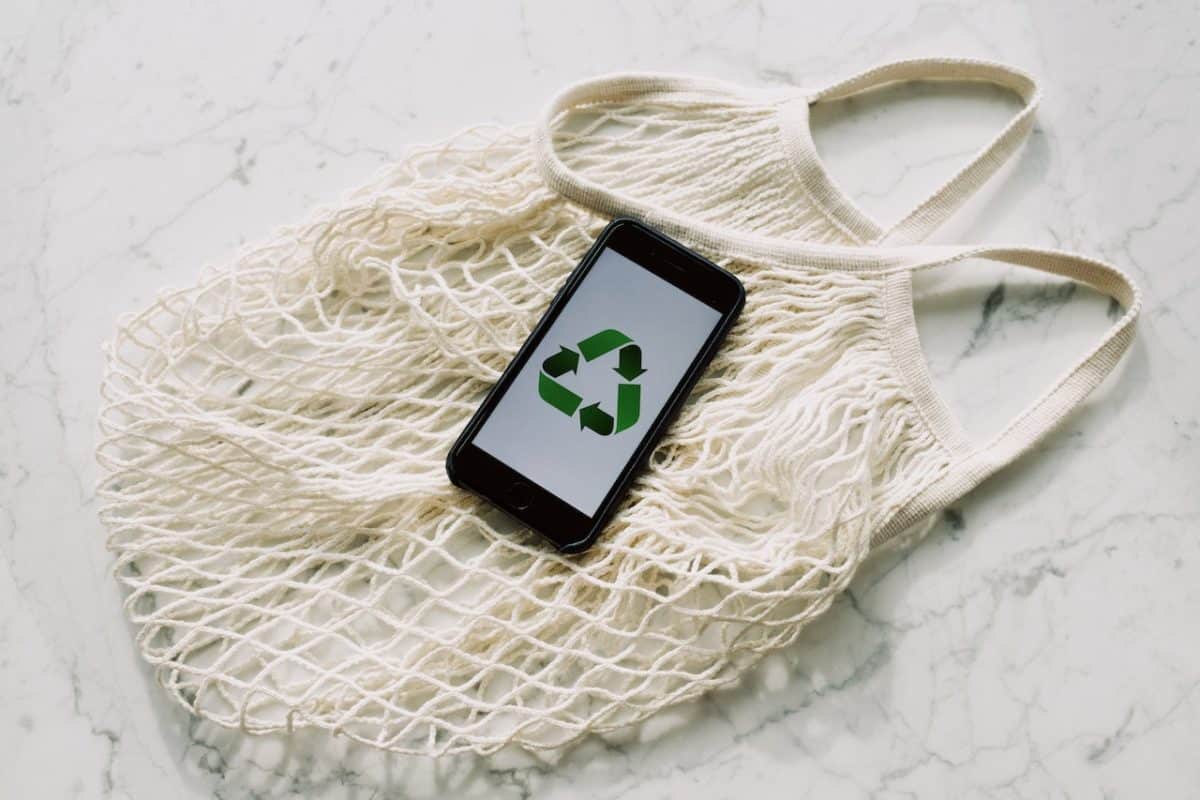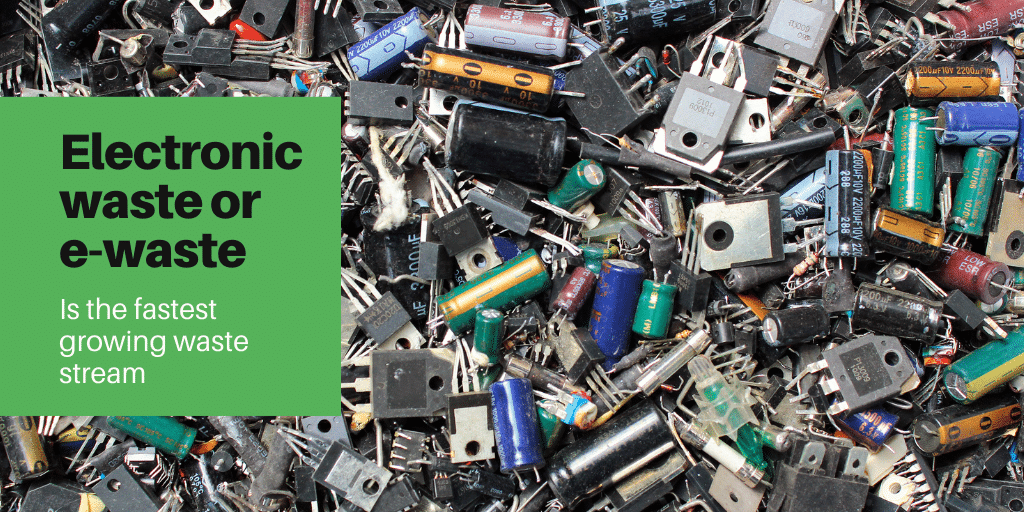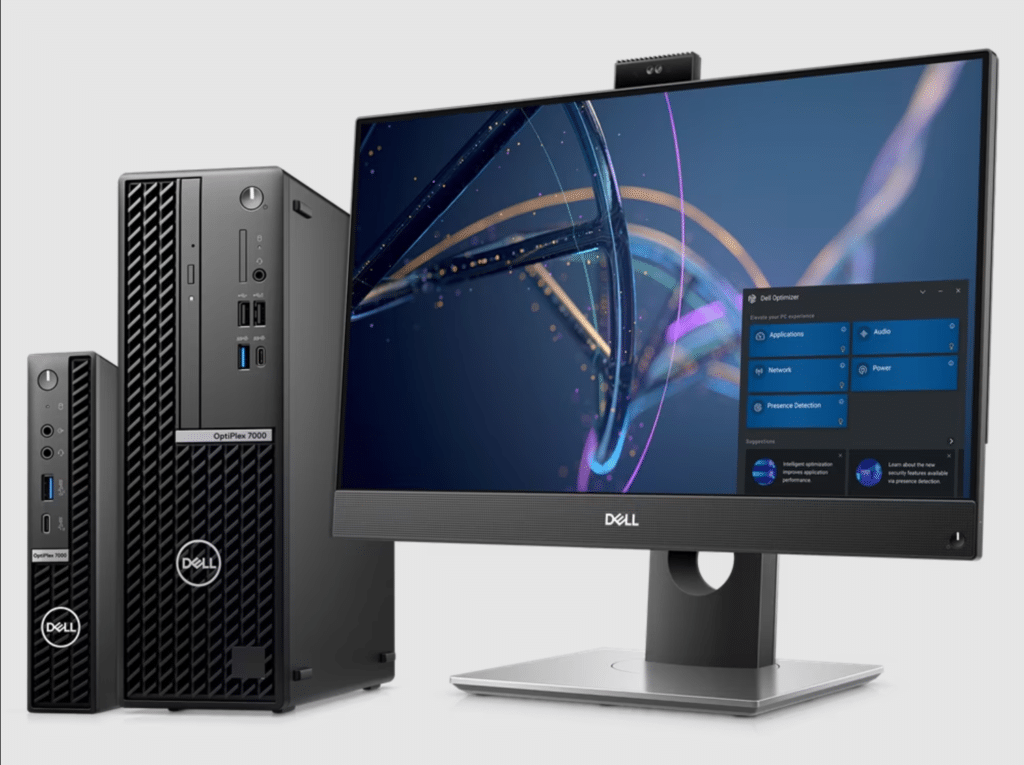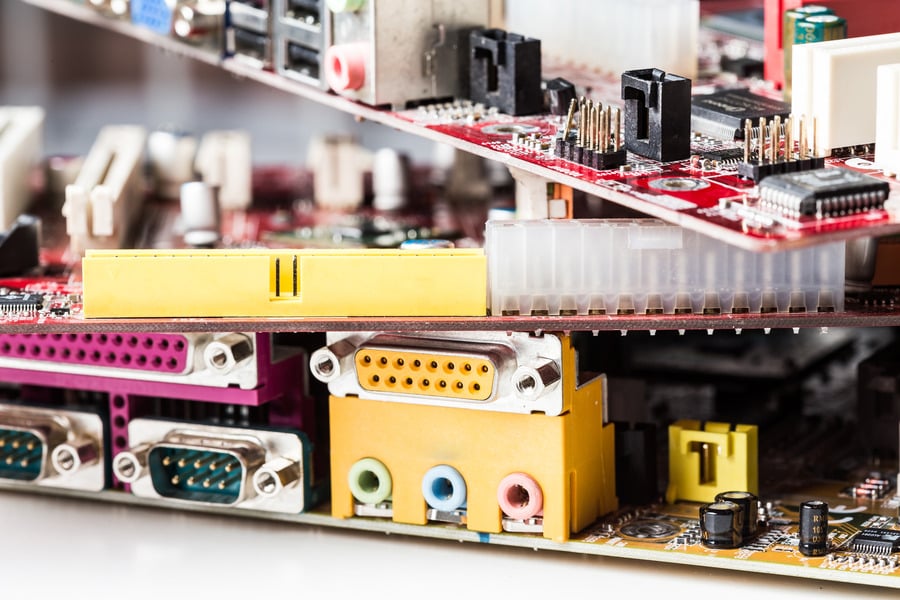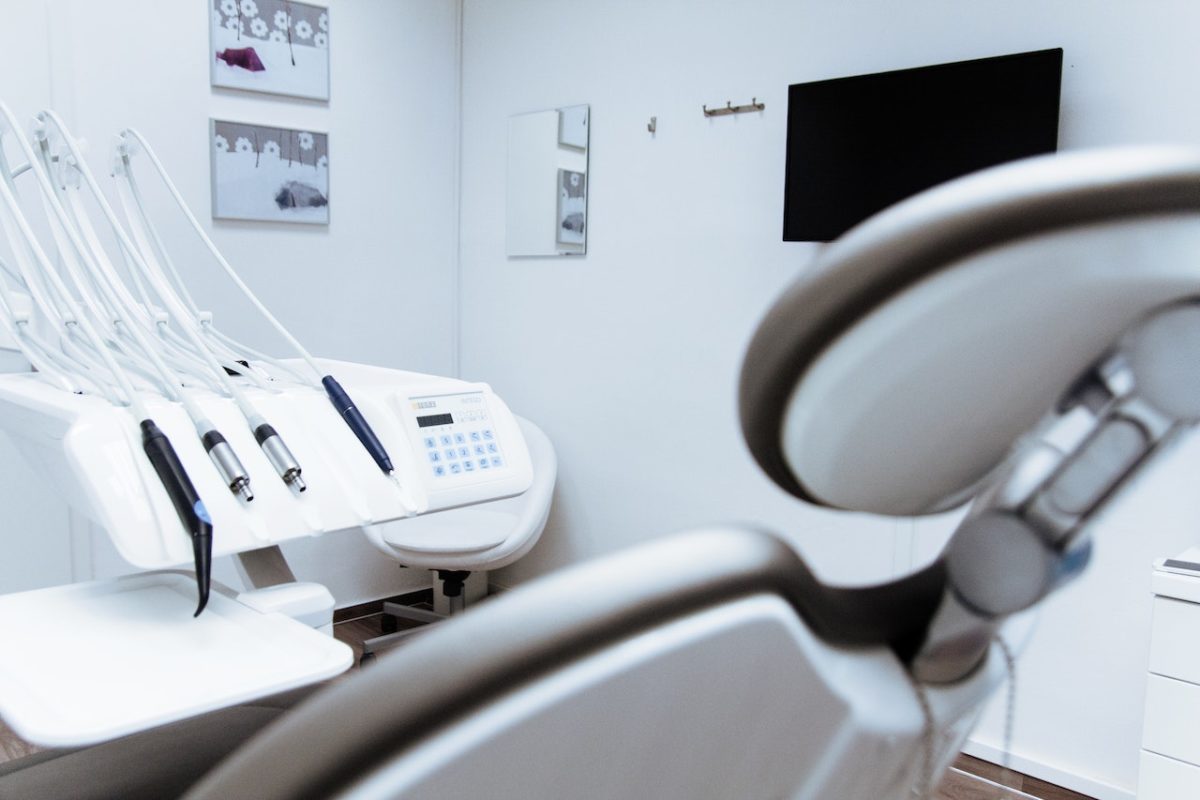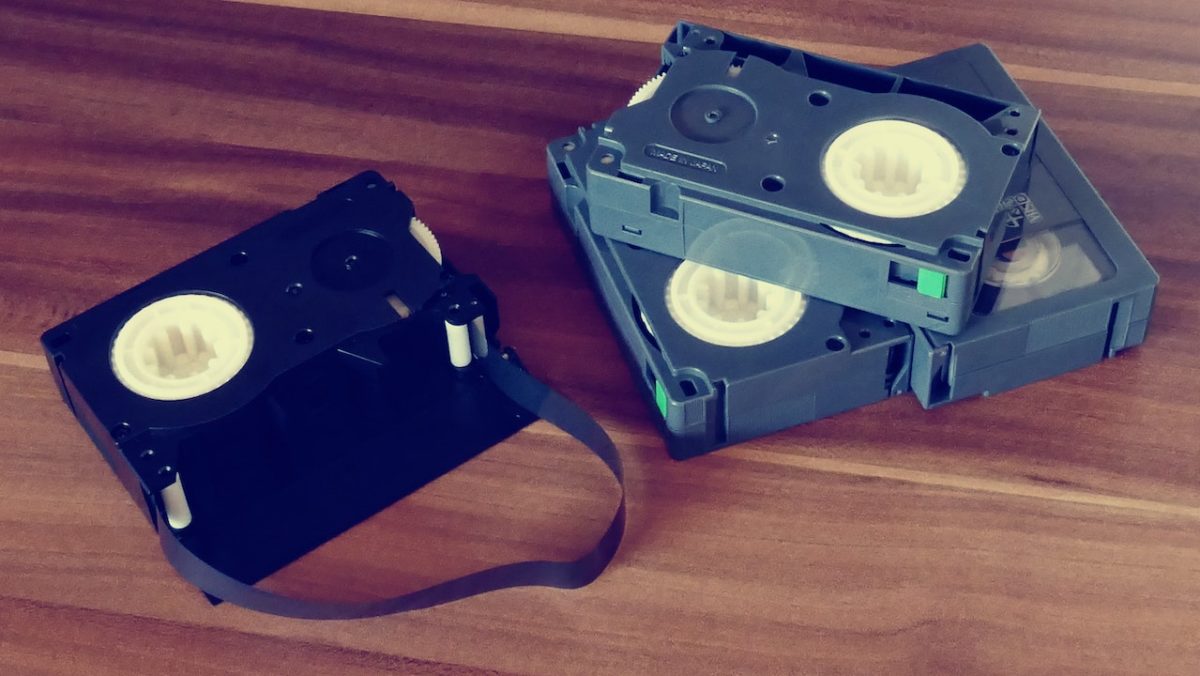How to Recycle an Old and Damaged Laptop the Right Way
Old laptops typically cannot be recycled through regular recycling programs. However, there are special e-waste recycling programs that can recycle them. Laptops often contain valuable materials, such as gold, silver, and platinum. So recycling them can actually be profitable. Many recyclers are willing to take laptops off of people’s hands.
Laptops can contain heavy metals and hazardous chemicals that can harm the environment. It’s important to recycle laptops responsibly to help protect the planet.
Preparing Your Laptop for Recycling
Be sure to remove all personal information from your laptop before recycling it. This will help protect you from identity theft and scams.
First, create a backup of all your important data. This can be easily done by plugging in an external hard drive and saving all desired files onto it. You could also use a flash drive or cloud storage. Once the backup is complete, you can transfer the data to your new laptop and clear it from your old one.
To delete the files on your old laptop’s hard drive, you can either manually delete them or use a shredding program. You must wipe the hard drive to restore the computer to factory settings. This is the last resort to protect data if the laptop cannot be turned on. The hard drive should be removed and destroyed so that no one can access the information.
Some laptops have a removable battery, while others have a built-in battery. If your laptop has a removable battery, you must remove it before recycling it. To remove a battery, locate the battery latch and release it. The battery will then come out. If your laptop has a built-in battery, there is no need to remove it.
2 Options for Recycling Old and Damaged Laptops
If you recycle your old laptop, it can help save energy. If one million laptops were recycled, it would be the same as powering 3,500 homes in the United States for a year.
You can do a few things to ensure your device is recycled responsibly. One is to research different recycling options and find a reputable company. Another is to explore ways to reuse your device instead of recycling it.
1. Find a Recycler
Before you recycle your electronics, you should wipe your hard drive to protect your personal information. Some scammers pose as recyclers and want to steal your information, so it’s important to be careful.
When you want to recycle your laptop, it’s important to find a reputable recycler—preferably one certified by the EPA. This will help reduce the risk of being scammed.
2. Sign Up for a Takeback Program
When you purchase a new laptop from either of these retailers, you can return your old one to the store, and they will recycle it.
Some laptop manufacturers have programs where they will take back your used laptop and recycle it for you. This is a great way to get rid of an old laptop, and you may even get a discount on a new one from the manufacturer.
Conclusion
It is important to recycle laptops the right way to protect the environment. Laptops contain harmful chemicals that can pollute the air and water if not disposed of properly. Many recycling centers will accept laptops and other electronic devices. Some companies even offer programs to recycle laptops for free.
Atlanta Green Recycling provides complete sustainable, cost-effective solutions for the recycling and disposal of electronics to businesses and residential customers around Atlanta. If you need to recycle laptops in Atlanta, we’ve got you covered! Get in touch with us today!
